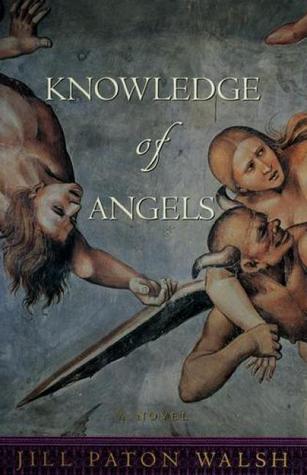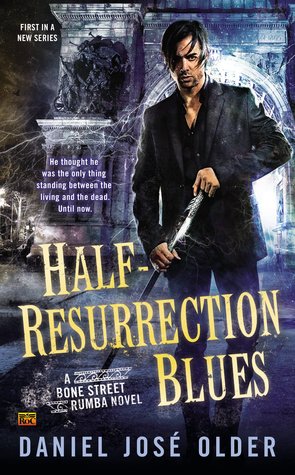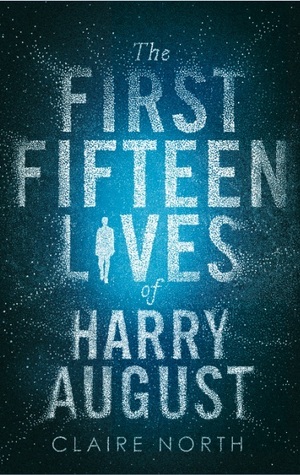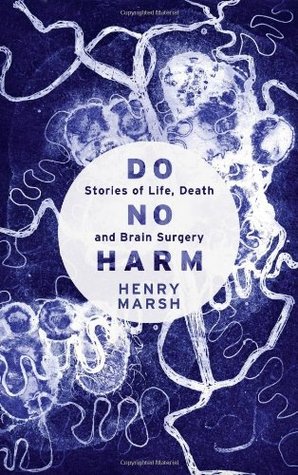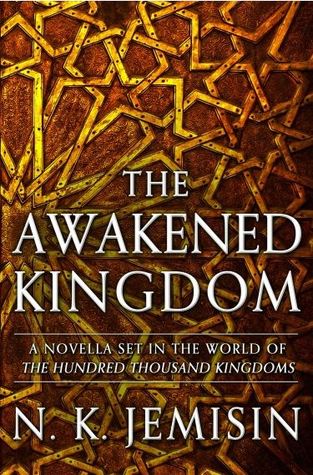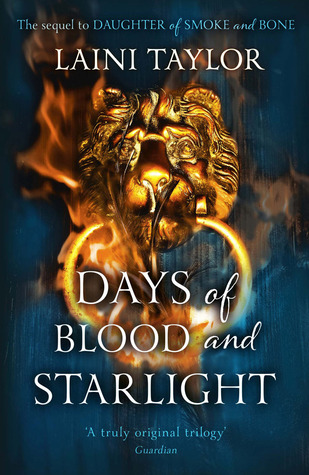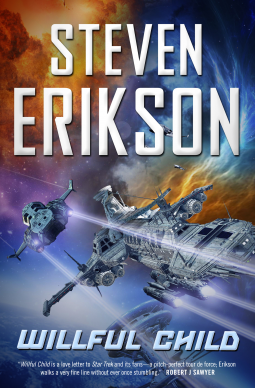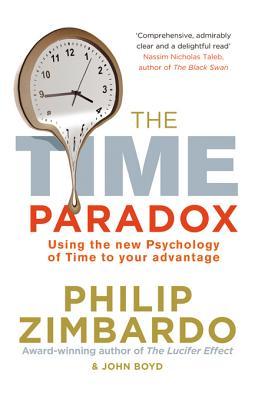 The Time Paradox, Philip Zimbardo, John Boyd
The Time Paradox, Philip Zimbardo, John Boyd
I read this last week or so, before the terrible events in Paris. At the time I thought of it as a self-helpy kind of book, with some relevant psychology; I picked it up because I’d watched some interviews with Philip Zimbardo about the Stanford Prison Experiment, which has always been fascinating to me. I wanted to see more of his work, I guess; get a feel for how a respected psychologist could create a situation which was so evil and not notice it without outside help, get a feel for what work he’s done aside from that. This is pretty far from all of that, though at times insights from that situation do come up when it comes to time perspectives.
Which is what I’ve taken away from this book most: time perspectives. There are several: past-negative, past-positive, present-fatalistic, present-hedonistic, future. And why has this stuck with me? Well, because there is a whole section on terrorist attacks and the explanations in terms of time perspective, which adds one more option (transcendental-future) and gives something of an answer to the issue, and it stuck in my head because of the attacks on Charlie Hebdo, stirring up reminders of 11/7/2005 and 9/11. Here’s a section:
Since the future is our primary motivational space, destroying a person’s expectations of the future can substantially undermine motivation. [Example of WWII, in which the Axis had solid future goals, which the Allies then destroyed; this eroded the Axis powers’ motivation and led to them losing the war.] This will not be the case with the current war on terror. We now face an enemy whose visions of the mundane future lie smouldering in the ruins of Palestine, Afghanistan, and Iraq. This enemy’s remaining hope lies squarely in the transcendental future. As we have seen, there is no way to prove, disprove, or destroy belief in the transcendental future. Fighting an adversary with strong transcendental-future goals by destroying its mundane future goals ensures that transcendental-future goals alone are obtainable. We will win the war on terror not by destroying our enemy’s future but by nurturing it. The motivational power of the mundane future must be restored if mundane future goals are to compete with transcendental future goals. Only by building a mundane future full of hope, optimism, respect, health, and prosperity can the motivational power of the transcendental future be balanced. Without mundane future goals, Muslims have little desire left to preserve this life and, understandably, look to the transcendental future to realise their dreams.
There are parts I’m uncomfortable with here, mostly the fact that they’re still talking about the “war on terror”, without even any scare quotes, like this is something we can/should be seeing as a war. The automatic identification of people with this time perspective as Muslim. But there’s sense here too: the goal of terrorism is to cause fear, which any Yoda will tell you leads to hate, and to suffering. And by doing this, people who commit terrorist acts, particularly if they sacrifice themselves, believe themselves to be attaining a better future for themselves and their families.
How can we fight that by making the present worse? By going along with that fear and hate, perpetuating a cycle?
Right now, I wish I could set up a dozen think tanks and set them this book to read, with that chapter particularly highlighted for discussion. Let them all come up with ways to improve the present for the susceptible population, rather than punishing them for crimes committed by people already dead, or for crimes not yet committed. All of that only increases the appeal of a transcendental-future orientation.
Most of the psychology of time perspectives I’ve learned here I’m applying not to myself, but to people around me; identifying behaviours and motivations, working out how to adjust my reactions to people based on what they orientate themselves on. I thought it’d be a light pop psychology read, probably a bit too light because of the self-help-y vibes I got from it. But now I’m thinking about this and I can’t stop, especially as more and more commentary flows in (do we assign blame to Charlie Hebdo, how far do we allow free speech, is it apologism to point out root causes…)
I know I’m going to be looking out for Kiva loans in areas low in mundane future, looking for charities that do aid work in places we’ve devastated, looking for my own small ways to address the damage that’s been done, particularly in the name of the war on terror. And I’m going to be talking about this book.
Rating: 4/5
 The Goblin Emperor, Katherine Addison
The Goblin Emperor, Katherine Addison

